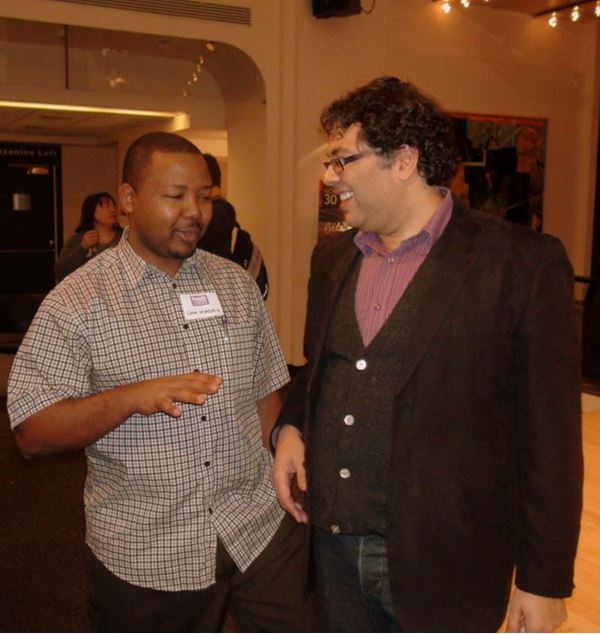Adult Learning
Thirty years ago when I was told that there are no right or wrong answers in Adult Learning, I knew my facilitator was making a big joke and somehow we knew her as a funny lady. At the time, I was being trained by Plan International and Save the Children International Non Governmental Organizations as a Peer Educator for In-&-Out of School Health Education Campaigns. As a thirteen years old teenager, the schooling system I was going through had taught me that 1+1=2 and any other answer was wrong. Given this background, it was hard at the time to digest how every answer was right. As Peer Educators, the facilitator had warned us that we’re not going to teach or train, but instead facilitate other kids on all health issues during the campaign. This warning brought us more agony because we then wanted to know the difference between teaching, training and facilitating and why we had to be facilitators specifically. I remember one of the teenagers asking whether we should accept all crappy answers in the name of being facilitators? In our facilitators response, she said “all answers are right depending on our peers experiences.” For the rest of the course, we learned how to capitalize on our peer’s experiences to be better facilitators and generate as many answers as possible from different perspectives.
Given the above childhood background, one of my key adult learning research interests rotates around the effectiveness of using adult learning theories, philosophies and methodologies with children and youth in their learning processes. It seems to me that most kindergartens and schools are becoming more creative and innovative in their instruction methods than never before. most of the exercises, games, videos, pictures, role-plays and many other teaching aids and methods are traditional adult learning methods. There seems to be a growing consensus among educators and learners alike that long lectures of linear teaching methods where the teacher transfers knowledge to students is boring and outdated. It seems as if most learners prefer fun learning spaces that are engaging and participatory. I continue to be interested in finding out whether adult learning methods can effectively apply across space and time at all levels of learning. I would like to find out whether substituting the word ‘adult’ with ‘lifelong’ would be a more inclusive and acceptable terminology for all learning levels. Research findings have shown that “adult learning is considered to be a subset of lifelong learning – in that it is applied to learning only in the adult years” (Powley, R., Kennedy, M., & Childs, E, 31 May 2005).
Specifically, I continue to hold strong research interest in the following adult learning areas:
- Inclusive Learning
- Resilient Learners
- Indigenous Learning
- Feedback as a Learning Method
- Learning, Unlearning and Relearning
introduction
Talk to me for help
I help global learners with their ambition’s most critical issues and opportunities. Together, we create enduring change and results.

career
Find your will now
I help global scholars with their organization’s most critical issues and opportunities. Together, we create enduring change and results.


